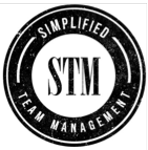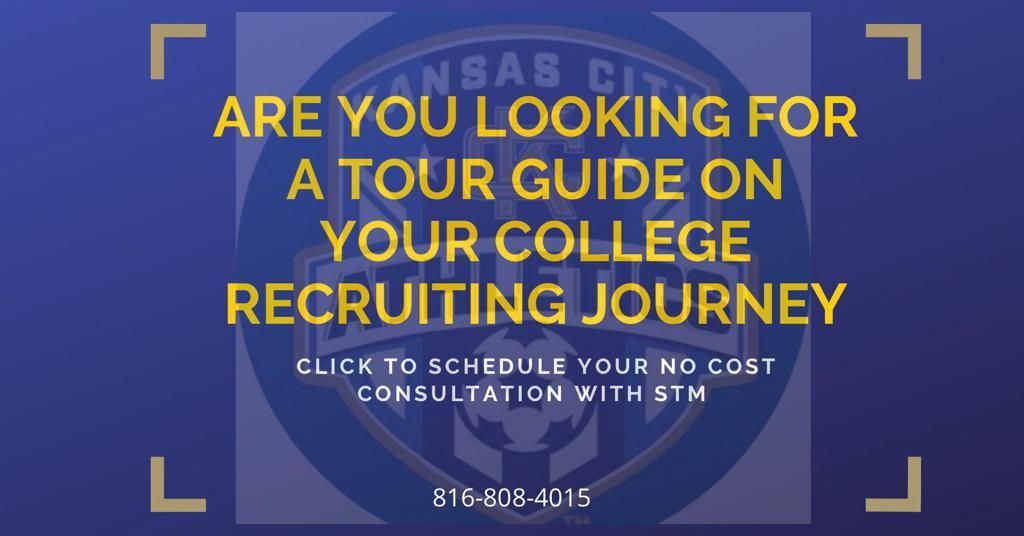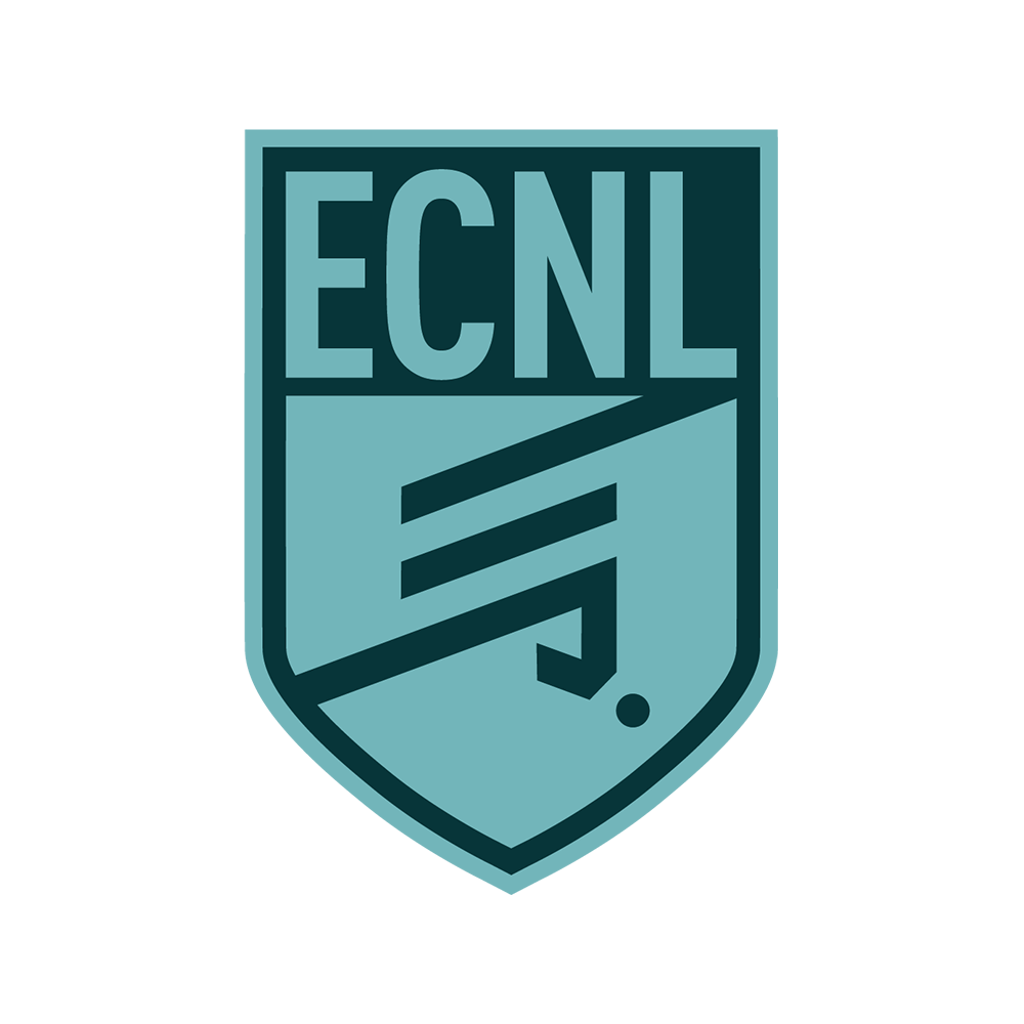COLLEGE PLACEMENT
CONNECT WITH US

COLLEGE RECRUITING- THE PLAYER DRIVEN PROCESS
THE COLLEGE-BOUND STUDENT ATHLETE
It's NEVER TOO EARLY to educate yourself on the process! It will be here before you know it!
KCA Soccer Club provides you with a college recruiting system that makes sense and makes the job of a college coach a whole lot easier too. We’ve partnered with Simplified Team Management to give you access to a complete and fully integrated platform to assist you in managing all of your recruiting efforts along with a guided timeline to ensure you are on track to accomplish your collegiate goals. Providing you with expert advice your family needs to navigate through the recruiting process.
INTRODUCTION:
Welcome to KCA College Resource Page. Here you will find some very useful information that will assist student-athletes in their preparation and transition to college. KCA Soccer Club takes much pride in its long-standing tradition of assisting in the placement of student-athletes at the collegiate level. A large percentage of our membership aspires to continue playing soccer while studying for an undergraduate degree. We strive to educate & assist to make this dream a reality.
Before getting started, it is important to note that while there are general guidelines, rules, regulations and proposed timelines in place; the recruitment process is not the same for everybody (athletes or college coaches). Quite simply, there are many things outside of your control that can have a significant impact on the opportunities and scholarship aid that may be presented. Instead, it is important to be educated, organized and proactive in the areas that you can control.
IMPORTANT LINKS
Practice SAT - https://collegereadiness.collegeboard.org/sat/practice
ACT Information - https://www.act.org/content/act/en/products-and-services/the-act/test-preparation.html
Scholarship Information - https://www.fastweb.com/
Free Application For Federal Student Aid (FAFSA) - https://studentaid.gov/h/apply-for-aid/fafsa
NCAA Clearing House (National Collegiate Athletic Association) - https://web3.ncaa.org/ecwr3/
NAIA Information (National Association of Intercollegiate Athletics) – https://play.mynaia.org/
NJCAA (National Junior College Athletic Association) - https://www.njcaa.org/landing/index
FREQUENTLY ASKED QUESTIONS:
When should I start the recruiting process??
TIME LINE PER GRADE
9TH GRADE
- Start the planning process
- Set the R.I.G.H.T goals
- Begin taking CORE courses and good off to a strong start
- Play at the highest level of travel/HS teams possible
- Consider working with a personal trainer/coach to help with athleticism and ability
10TH GRADE
- Begin compiling a list of target schools and determine what factors are most important to you
- Register with NCAA & NAIA eligibility Centers, complete recruiting questionnaires for all schools on your list
- Begin compiling highlight & game videos, consider setting up a YouTube channel and Twitter page to promote skills/accomplishments
- Take SAT / ACT practice tests and/or test prep courses, keep your grades up
11TH GRADE
- Continue to research schools but try to trim your list to 10 schools
- Stay in contact with coaches often; let them know of your continued interest and also if you’re no longer interested
- Register for SAT/ACT Tests
- Look to attend Showcase games and tournaments and let coaches know your schedule
- Make official and unofficial visits to schools you’re interested in
12TH GRADE
- Zero in on your top 4 to 6 schools
- Continue to communicate with coaches on a frequent basis; don’t be afraid to ask where you stand
- Quickly let schools know if you’re no longer interested, but don’t burn bridges
- Take official visits to schools on your short list, meet coaches and players
- Complete FAFSA form, get college applications in early and apply to all schools on your short list
- Commit to a school – make sure it’s your decision
START THE PROCESS EARLY AND HAVE A PLAN ........
This is a high-level overview of the recruiting timeline. Timetables will differ somewhat based on student athletes’ ability, sport, and gender. However, this provides a basic idea of the overall process.
There are some constants that apply to almost all families regardless of student-athlete's ability and the sport they play:
- Keep an open mind
- Take care of your academics
- Be proactive and take control of the process
SIMPLIFIED TEAM MANAGEMENT
Click the logo to go directly to our page
SO....WHAT CAN YOU CONTROL??
There are several areas parents and players can work on to be better prepared, educated and actively participating in that will dramatically enhance your ability to establish eligibility and open doors to further opportunity.
BEING ‘PROACTIVE’
On the field it’s about developing the technical, tactical, physical and mental abilities to be equipped for play at the collegiate level, but off the field, ensuring you are academically eligible, communicating & planning appropriately and ‘marketing’ / ‘showcasing’ your talents are key.
ACADEMIC ELIGIBILITY:
As soon as a student athlete enters high school it is important to monitor academics closely, even though the idea of going off to college seems like it’s a long way off! It is essential to understand that the work done in the classroom can positively and negatively impact a student athletes’ opportunity to excel beyond high school at a school of their choice. It is also very important to consider that student-athletes take classes in their freshman year of high school that directly affect their NCAA eligibility. We strongly advise that you schedule an appointment with your high school guidance counselor upon enrollment at High School.
In order to be eligible for practice, to compete and to receive athletic scholarship in your first full time year at a collegiate program you must graduate high school and meet certain standards depending on the division of play.
PROACTIVE WITH PLANNING:
Many believe that college recruitment is the sole result of one or two factors such as scouting at a showcase event or the team coach. It may be for some, but reality for most is that the more proactive you are in a number of areas, the more efficient you are with your time and effort. The result is being more informed and concentrated with realistic destinations and positioned well for any opportunities there may be at the right time. An aspiring student athlete should start to consider some of the following factors for a potential college as early as 9th grade:
- Division of Play (NCAA I, NCAA II, NAIA, NJCAA) in line with a realistic evaluation of playing ability
- Location of School
- Academic Programs Offered
- Cost of Tuition, Accommodation and Meal Plan
- Size of School
- Academic Standards at School or Acceptance
- Religious Affiliation
Having considered some of these, 9th graders should start to compile a list of around 30-50 collegiate programs that meet the desired criteria. Remember, what is appealing to one, is not always appealing to another. This is YOUR process and should not be determined by others. We encourage you compile a list that is made up of institutions at which you would be happy to attend irrespective of soccer. Look at the whole picture – would you still be happy studying and living at a particular school if injured? What if you are not in the starting 11 or on 18-player roster for extended periods of time
COMMUNICATION:
Once you have compiled a list of programs that meet your desired criteria, it is important to then begin communication with the program. Essential, that the coach at each particular program is aware of your interest in attending their institution of employment as a student-athlete. The most frequent method of contact with a college coach is email although others should be utilized in line with / whilst being aware of NCAA rules & regulations (outlined below). Important is that college coach wants to communicate with, and learn about the student-athlete, not the parent(s) of the student-athlete. Players must learn to be proactive with communication and do so in an effective manner.


